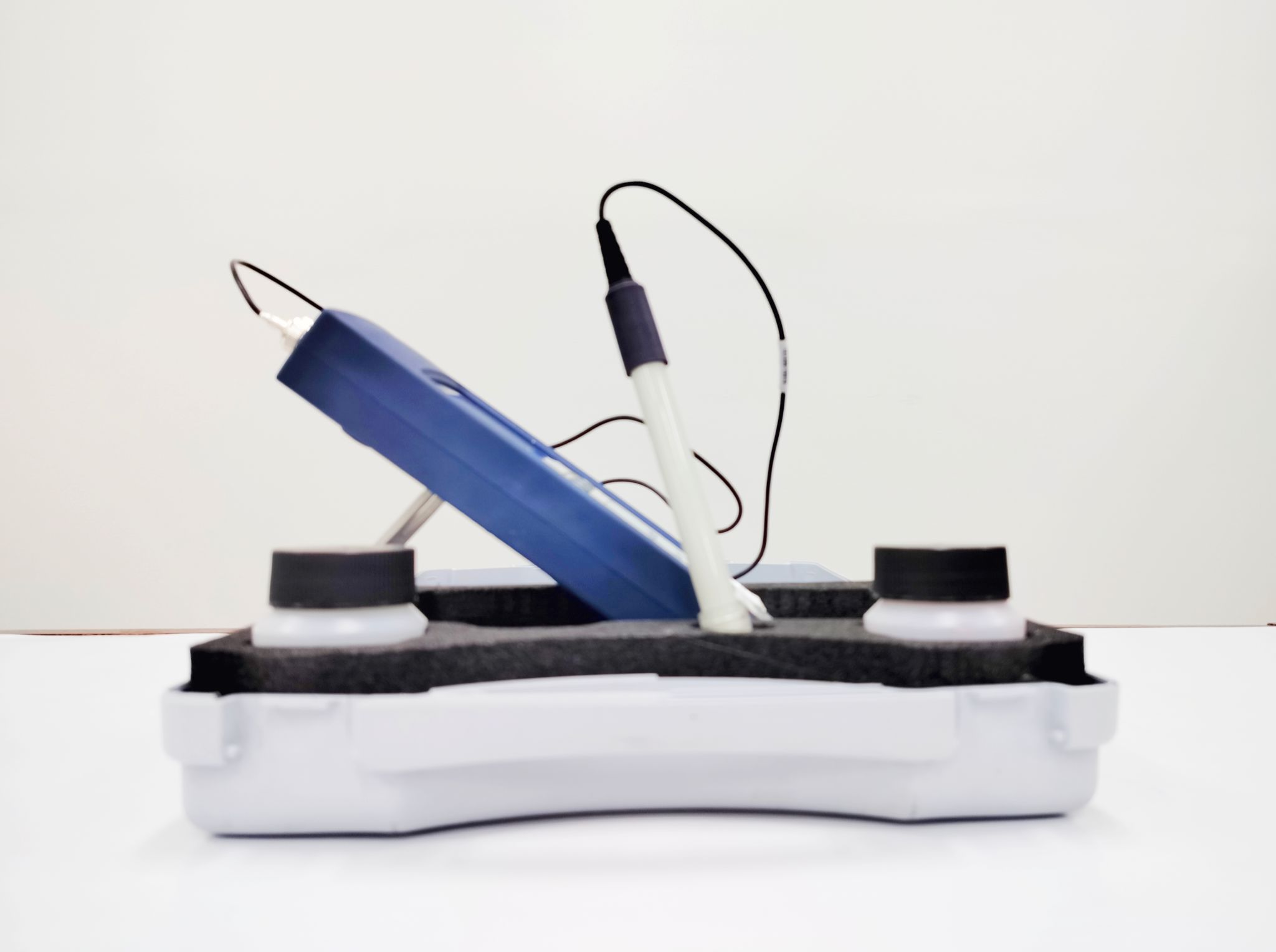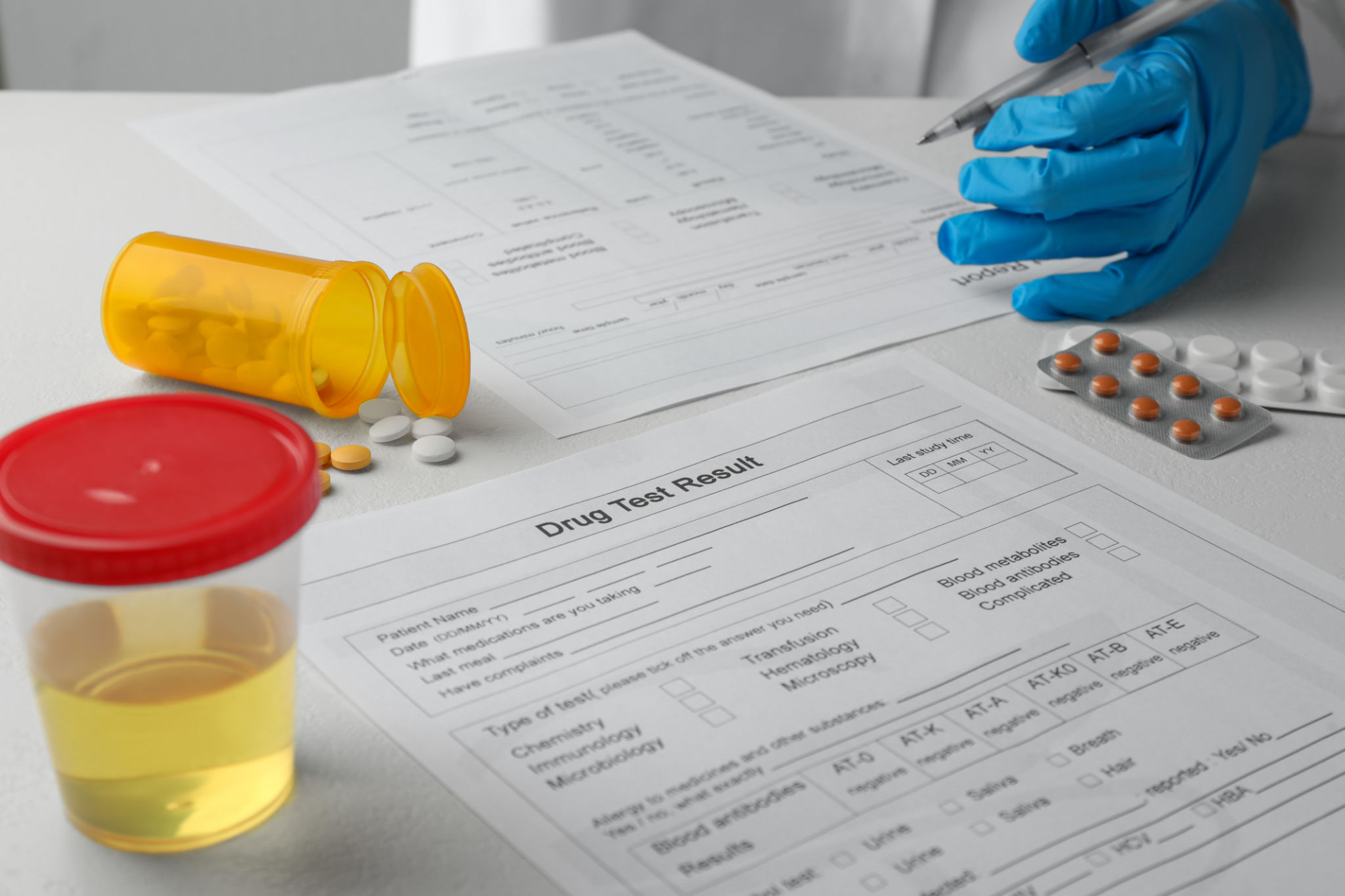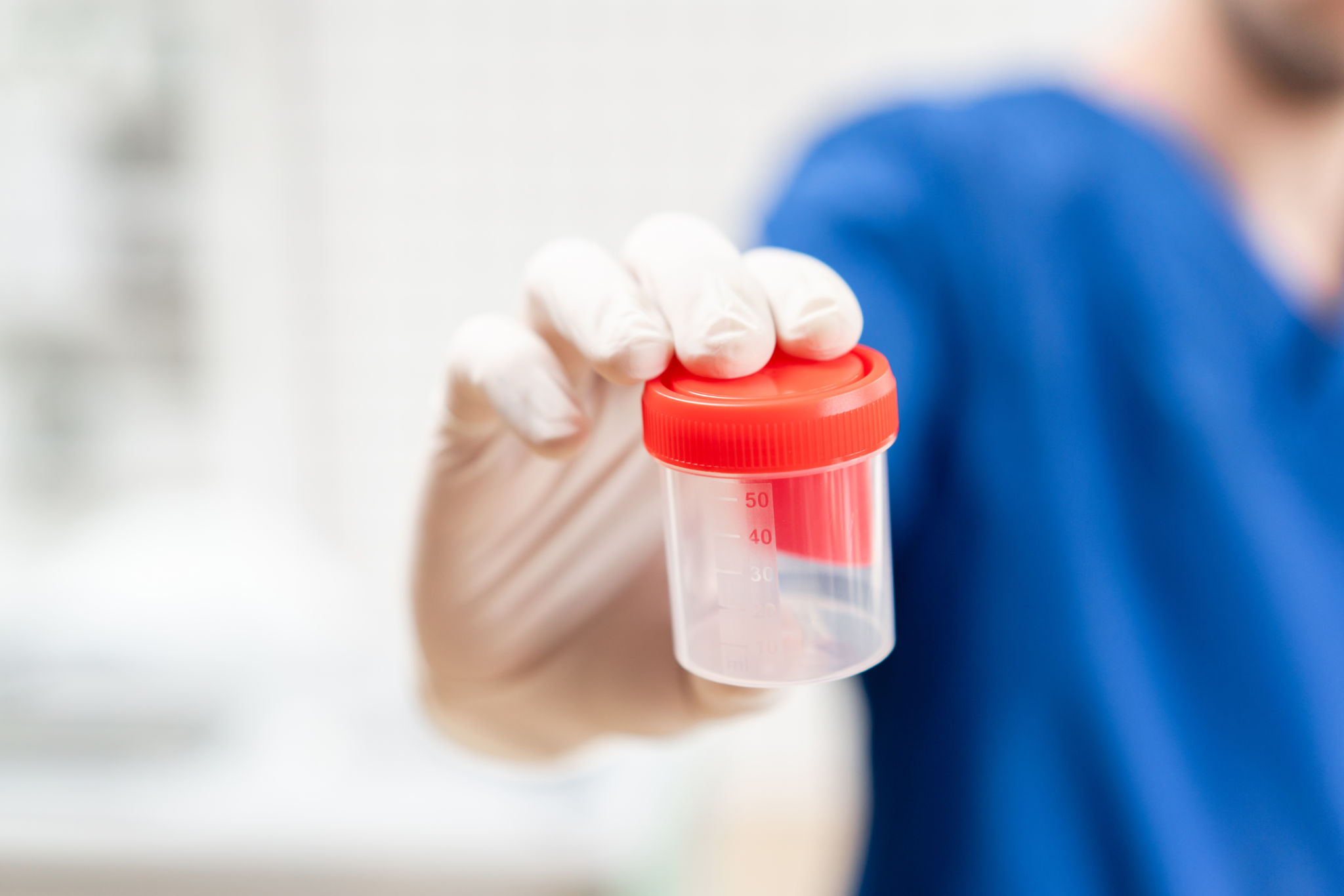How Mobile Drug Testing Works: A Step-by-Step Process
Introduction to Mobile Drug Testing
Mobile drug testing has become an essential service for many businesses, ensuring workplace safety and compliance with regulations. It offers a convenient and efficient way to conduct drug tests without the need for employees to travel to a laboratory. In this article, we explore how mobile drug testing works, breaking down the process into clear, actionable steps.

Scheduling and Preparation
The first step in the mobile drug testing process is scheduling. Employers or organizations contact a mobile drug testing service to set up a date and time that works best for their employees. It’s crucial to choose a reliable provider who can accommodate your schedule and provide timely results.
Once the schedule is set, preparation begins. The provider ensures that all necessary equipment and materials are ready for the testing day. Employers should inform their employees about the upcoming test, explaining the procedure and emphasizing its importance in maintaining a safe workplace.
On-Site Setup
On the day of testing, the mobile drug testing unit arrives at the designated location. This unit is typically equipped with everything needed to conduct various tests, including urine, saliva, or hair sample collection. The setup is designed to maintain privacy and confidentiality while ensuring accurate results.

The testing team sets up a designated area where employees can comfortably provide their samples. This setup can be in a mobile van or a designated room within the company's premises. Proper setup is crucial to ensure that the process runs smoothly and efficiently.
Sample Collection
Once everything is in place, sample collection begins. Employees are called individually to provide their samples. The type of sample collected depends on the specific requirements of the test, with urine tests being the most common. The testing team follows strict protocols to prevent contamination and ensure sample integrity.
- Urine Tests: Employees provide a urine sample in a secure container.
- Saliva Tests: A swab is used to collect a saliva sample from the mouth.
- Hair Tests: A small sample of hair is cut close to the scalp.

Analysis and Reporting
After collection, samples are labeled and securely transported to a laboratory for analysis. The lab uses advanced technology to screen for various substances, ensuring comprehensive results. The analysis process is typically quick, with results available within a few days.
The results are then compiled into a report, which is sent to the employer. This report indicates whether any substances were detected in the samples and provides any necessary follow-up recommendations.
Follow-Up Procedures
If any tests return positive results, employers must decide on the appropriate course of action based on their company policies and legal requirements. This may involve retesting, counseling, or disciplinary measures.
It’s important for businesses to have a clear policy in place regarding drug use and testing outcomes. This ensures that all employees are treated fairly and consistently while maintaining a safe work environment.
Conclusion
Mobile drug testing offers a flexible and efficient solution for companies looking to maintain compliance and ensure workplace safety. By understanding the step-by-step process, employers can better prepare for and manage their testing needs. With its convenience and reliability, mobile drug testing continues to be a vital tool for modern businesses.